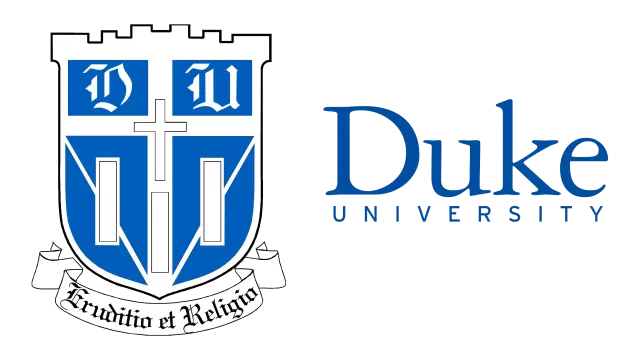Table of Contents
The State of Free Speech on Campus: Duke University

Forge Productions / Shutterstock.com
Throughout the spring semester, FIRE is drawing special attention to the state of free speech at America's top 25 national universities (as ranked by U.S. News & World Report). Today we review policies at Duke University, which FIRE has given a yellow-light rating for maintaining at least one policy that could too easily be used to restrict student speech.
Duke is a private university, so the first order of business is to examine what commitments the university has made to protecting free speech. In several places throughout its student policies, Duke extols the value of free expression to university life. The Duke Community Standard bulletin, which contains numerous policies governing student conduct, states that "Freedom of inquiry and the free exchange of ideas are essential for the fulfillment of the university's mission. Academic freedom is a right and responsibility of students as well as faculty."
The university's harassment policy reassures its readers that "Duke University is committed to the free and vigorous discussion of ideas and issues," and that the policy will not conflict with those rights. And the university's information technology security policy states that "[t]he University cherishes freedom of expression, the diversity of values and perspectives inherent in an academic institution, the right to acknowledgment, and the value of privacy for all members of the Duke community."
While private universities are not bound by the First Amendment, they do have an obligation to advertise themselves truthfully and to uphold the promises they make to their students and faculty. Through these policies, Duke has presented itself as an institution that values and upholds the right to free expression, and has thus obligated itself to indeed uphold that right.
The main problem at Duke is the university's policies on space reservation — including outdoor spaces — for student organizations. Students need to have the freedom to protest, demonstrate, and otherwise engage in protected expressive activity on campus without onerous registration/reservation requirements or free speech zones. While Duke did away this year with a universal requirement that all outdoor events be registered 7 days in advance, student organizations must still reserve whatever space (outdoor or indoor) they wish to use through the appropriate administrative office, leading to a confusing patchwork of policies that hampers students' ability to hold spontaneous protests or demonstrations. Making matters worse, many administrative offices — such as the Office of Student Activities and Facilities and the residence life office — persist in maintaining a burdensome 7-day advance reservation requirement. Students wishing to demonstrate in response to an immediate crisis may be deprived of the impact of their message by being forced to wait 7 days to demonstrate, by which time the events they wished to protest may be in the past.
One other policy with room for improvement is the policy on Computing and Electronic Communications, which prohibits "Using mail messages to harass or intimidate another person, for example, by broadcasting unsolicited messages, by repeatedly sending unwanted mail, or by using someone else's name or userid." While an anti-spam regulation prohibiting the broadcast of unsolicited e-mail should not, under normal circumstances, pose a significant threat to free speech on campus, FIRE has recently seen — in the case of Michigan State University — that even a seemingly innocuous policy such as this can be abused to silence speech critical of the university administration (or controversial speech of any kind.) Therefore, we recommend that bulk e-mail guidelines be carefully drafted so as not to allow for an abuse of discretion like the one that happened at MSU. Duke's policy, which prohibits spam only in general terms, could be vulnerable to this type of abuse, and thus should be further refined.
Stay tuned next week for information on the state of free speech at Columbia University.
Recent Articles
Get the latest free speech news and analysis from FIRE.

TICKETS ON SALE: Step up to the Soapbox in Philadelphia, Nov. 4-6, 2026

LAWSUIT: FIRE sues Federal Trade Commission over agency’s targeting of news rating service

The secret war against student journalists

